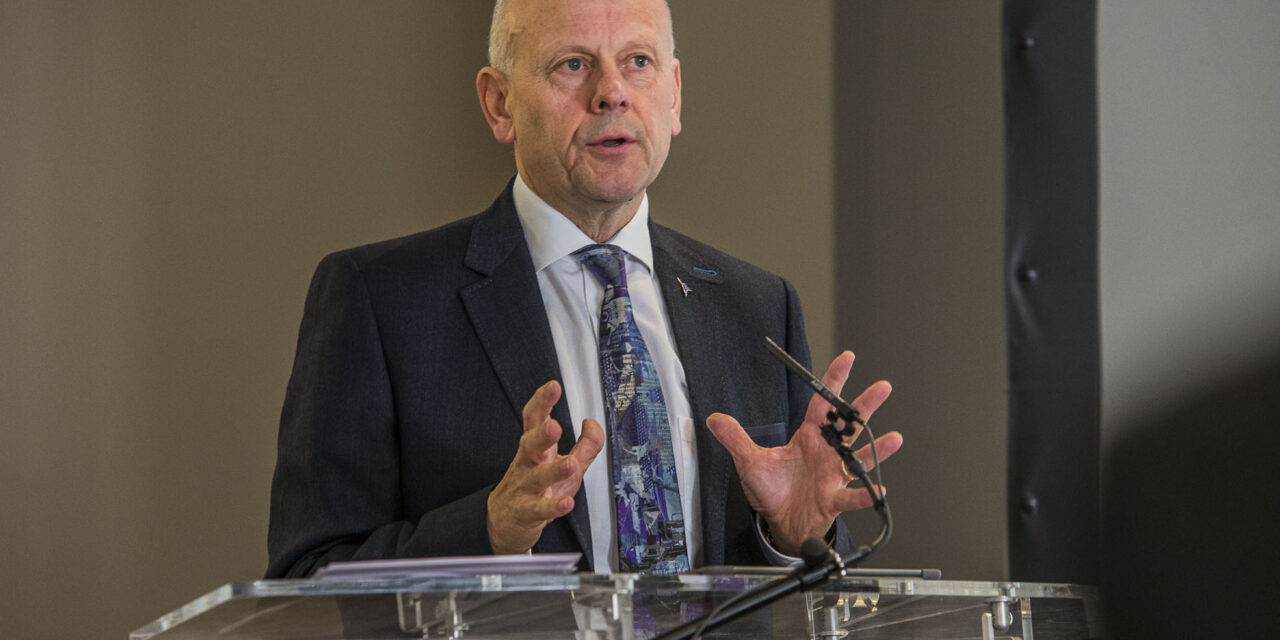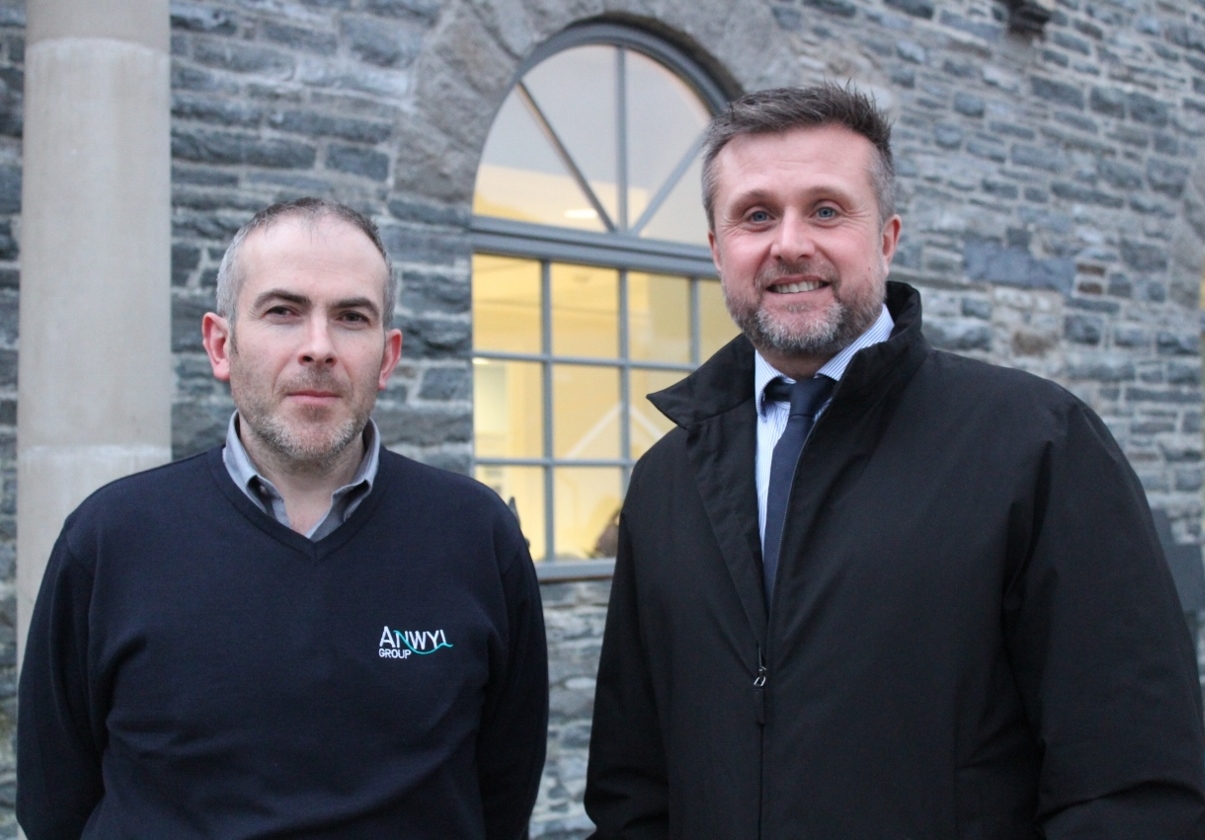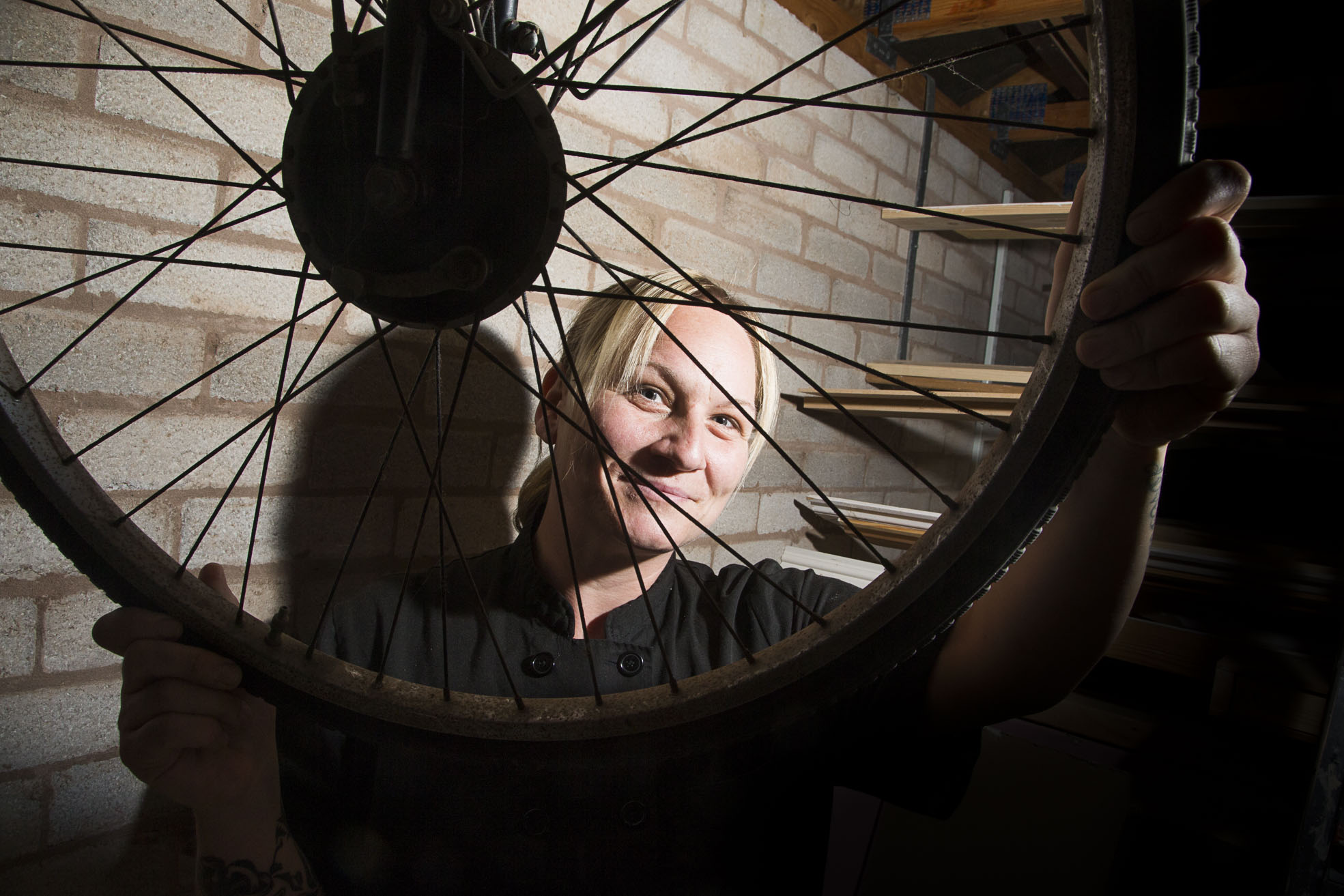The social care crisis in North Wales has deepened with news that two more care homes are closing – with the combined loss of a further 91 beds.
Both the 54-bed Morfa Newydd Care Home in Greenfield in Flintshire and the Gwastad Hall Care Home in Cefn-y-Bedd near Wrexham, that’s registered for 37 residents, have gone into administration.
It’s understood that the staff in both homes have been given four weeks’ notice and that the owners have been working with Flintshire and Wrexham councils to find alternative accommodation for the residents.
In the past few weeks it’s already been revealed that the 16-bed Bay Court Care Home in Kinmel Bay and the 28-bed Trewythen Hall Care Home in Gresford have closed.
According to social care champions Care Forum Wales, another un-named care home in North East Wales is on the brink of shutting its doors.
If that closure goes ahead as expected it will mean that a total of 163 much-needed care home beds will have been lost in the region in the space of weeks.
Mario Kreft MBE, the chair of Care Forum Wales, said the sector was suffering because of a triple whammy of “irresponsibly low fees”, dire staff shortages and bureaucratic red tape.
He said: “The need for care home beds has never been greater because our hospitals, like the Maelor in Wrexham and Glan Clwyd in Bodelwyddan, are at breaking point because of so-called bed-blocking with patients unable to be discharged after their medical treatment has been completed.
“As a result, there are very few hospital beds available for incoming patients, many of whom have to endure being kept in ambulances outside or on trolleys for hours on end.
“What make this all the more shocking is that this an avoidable catastrophe that’s been caused by the disgraceful mismanagement of local authorities and health boards in Wales who commission publicly funded social care.
“It feels very much like there is a deliberate campaign to undermine and ultimately destroy the independent sector so that it is no longer sustainable, giving the opportunity for local authorities to take social care in house.
“Whatever the motivation, the way the sector is being treated by many councils and health boards is unforgivable, particularly after providers and their heroic front line staff responded magnificently to the unprecedented challenges caused by the pandemic.
“The attitude of councils is in stark contrast to the excellent support provided to the sector during the height of the Covid pandemic.
“The people who are being caught up in the eye of this perfect storm are vulnerable people, many of them with dementia, who deserve better.
“Every time a care home closes it is an absolute disaster for the residents, their loved ones and the staff and my thoughts are with them at this incredibly difficult time.”
In the case of Gwastad Hall, it’s another sad development for a home that has already endured a heart-breaking tragedy.
The home was under new management after it was sold by owner Helen Hough in early 2021.
Her beloved husband, Vernon, killed himself the previous year because of the unbearable pressures of Covid.
Mr Kreft said: “The whole of the social care sector has been put well and truly through the mill in recent years.
“Care homes Wales were already struggling badly well before the onset of the pandemic as the First Minster pointed out when he said the sector was financially very fragile.
“The sector is being starved of resources due to shamefully low fees and are also having to contend with the related problem of dire staff shortages, so it is a real battle for survival for everybody.
“Local authorities and health boards in Wales need to fulfill their statutory responsibilities and pay fees that reflect the true cost of care instead a random amount that doesn’t come close to plugging the gap that’s pushing care homes closer and closer to the financial brink.
“All of this is happening against the difficult backdrop of the cost of living crisis.
“Care homes are important community assets but once they are gone, they are lost forever and that will put even more pressure on the NHS that’s already in crisis.
“The cost of trying to replace these beds is incredibly high – around £150,000 a time so plugging the gap after the loss of 163 beds would cost an eye-watering £25 million.
“Not providing the support the sector needs is a false economy with disastrous consequences.
“The frightening thing is that so many other community care homes are teetering on the financial brink so unfortunately we should be bracing ourselves for even more closures.
“That in turn is going to put our hospitals under even more intolerable pressure. The truth is that you cannot fix the NHS without proper funding for social care than means they receive fees that reflect the true cost of providing care and enable providers to pay their wonderful staff what they are really worth.
“Twenty years ago the likes of Flintshire, Wrexham and Denbighshire councils paid the highest fees in Wales but they’re now among the lowest, with Flintshire right at the bottom of the league of shame.
“To put things in context, Torfaen Council in South Wales pay £10,296 a year more per resident than Flintshire Council for providing exactly the same level of care to a resident with dementia who needs nursing care.
“For a typical care home with around 40 beds, a home in Flintshire will receive £411,840 a year less than its counterpart in Torfaen. That’s totally illogical and unfair. On what planet does that make sense?
“This race to the bottom is the root cause of the current crisis and things will only get worse. It’s no surprise that we’re seeing more and more care homes going under.
“After a quarter of a century of abject mismanagement, it’s becoming clearer by the day that social care is not safe in the hands of councils or health boards.
“Care homes are not allowed to operate at a loss this amounts to a stealth tax on decent, hard-working families who will have to make up the shortfall in the cost of care.
“Instead of having a postcode lottery, we need to have a new national approach so that we have fair and consistent fees that are based on the true cost of providing care instead of arbitrary figures seemingly plucked out of thin air that come nowhere near what is needed.”










